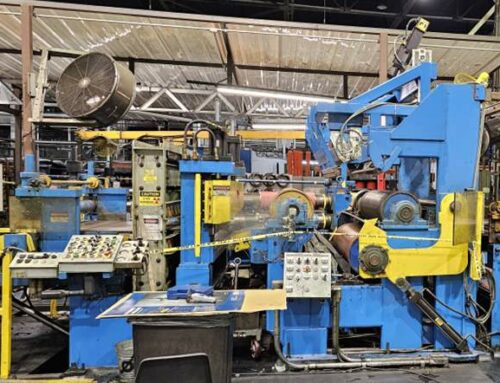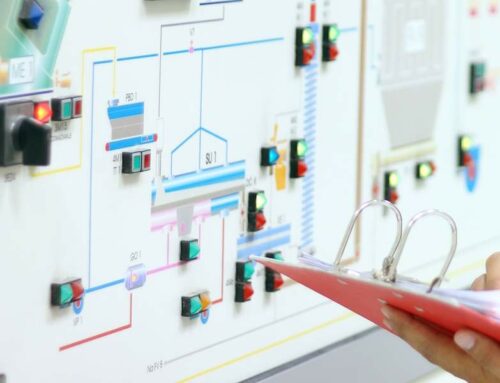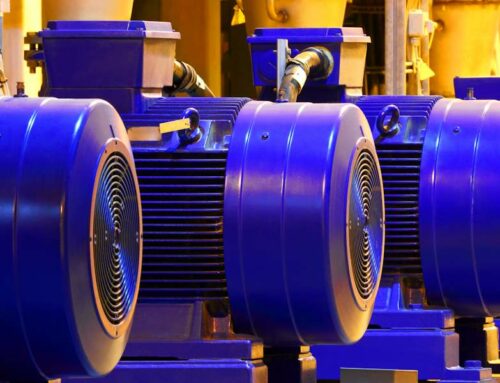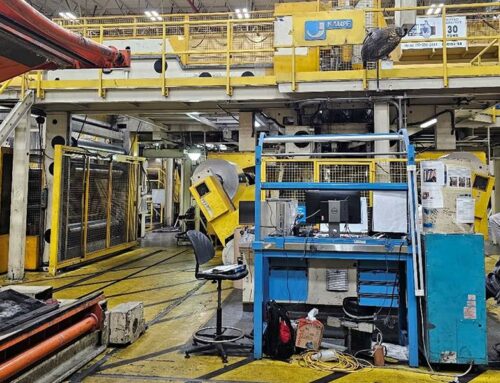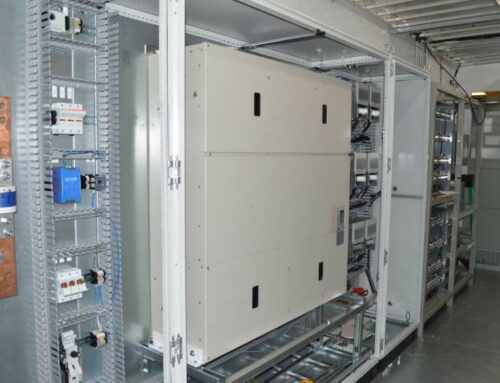Updating your existing control system can result in significant improvements in quality, productivity, and efficiency within your production facility. A system upgrade could increase output, improve labor, decrease energy waste, and provide you with fewer operator errors.
Every system has a limited lifecycle. You can expect the lifespan of a control system to be the same as your office computer. Just like all electronics, the components do not last forever. You should consider upgrade your existing control system if:
1. Your current system no longer functions properly.
Power outages, power surges, bad network connections, overheating, moisture and electromagnetic interference can cause control systems to fail. Catastrophic failures can cause significant plant downtime and could be extremely costly. Continuous failures could mean its time for an upgrade.
2. An upgrade would significantly reduce energy waste.
Advancements in electric motor design and the associated drive system in modern automation equipment can be extremely energy efficient. The return on investment is justified by lowered energy costs, higher performance, and reliability.
3. You are currently or have just completed other plant expansions/renovations.
If you intend to expand production at your manufacturing facility, you may need to upgrade to a system that can keep up with your new operations. After the upgrade, your expanded facility will not be held back by the possible limitations of an outdated control system.
4. When the software is no longer supported by newer operating systems.
You may find yourself with a 20-year-old system that is no longer compatible with the latest computer software or the building management system. An upgraded control system can also make your operations safer by removing cyber threats and ensuring a much more reliable and efficient running plant. Newer systems can be uploaded and saved to servers or even the cloud. Modern more efficient automation also make it easier for staff to use these control systems and reduces the likelihood of operator errors occurring.
5. When hardware and/or spare parts are becoming difficult to find.
Controllers, interface panels & drives eventually become obsolete. If they stop working, a replacement may be hard or impossible to find causing long-lasting impacts on your operations.
Onsite and/or remote support can play a huge role in maintaining and supporting your control system after an upgrade. At M.R. Snyder, our P.E. certified engineers have extensive know-how with processes, hardware, and programming. Whether you need a full or partial retrofit/upgrade, an upgrade to new technologies, or migration of your current system, we can help. Contact us to learn more.

